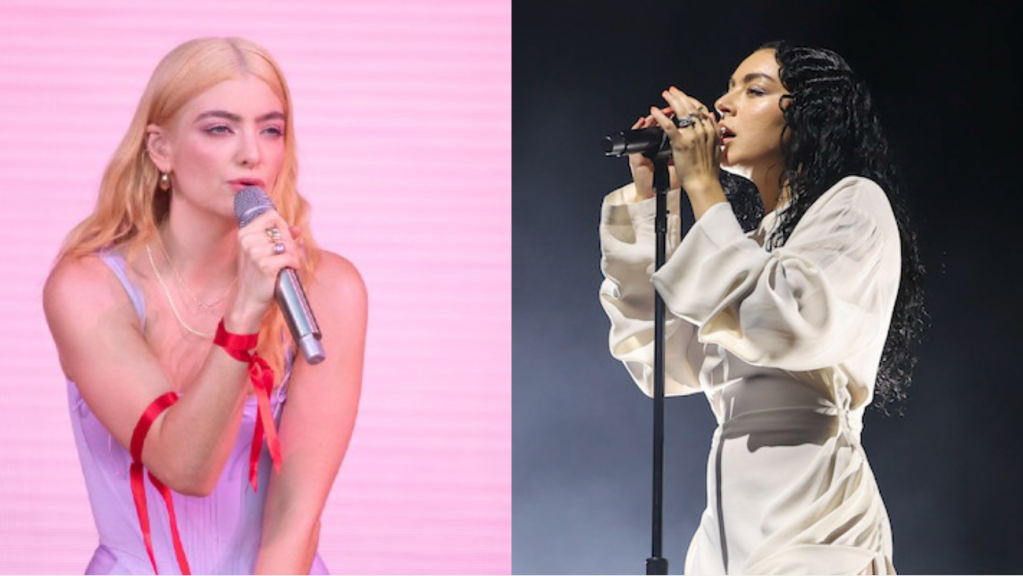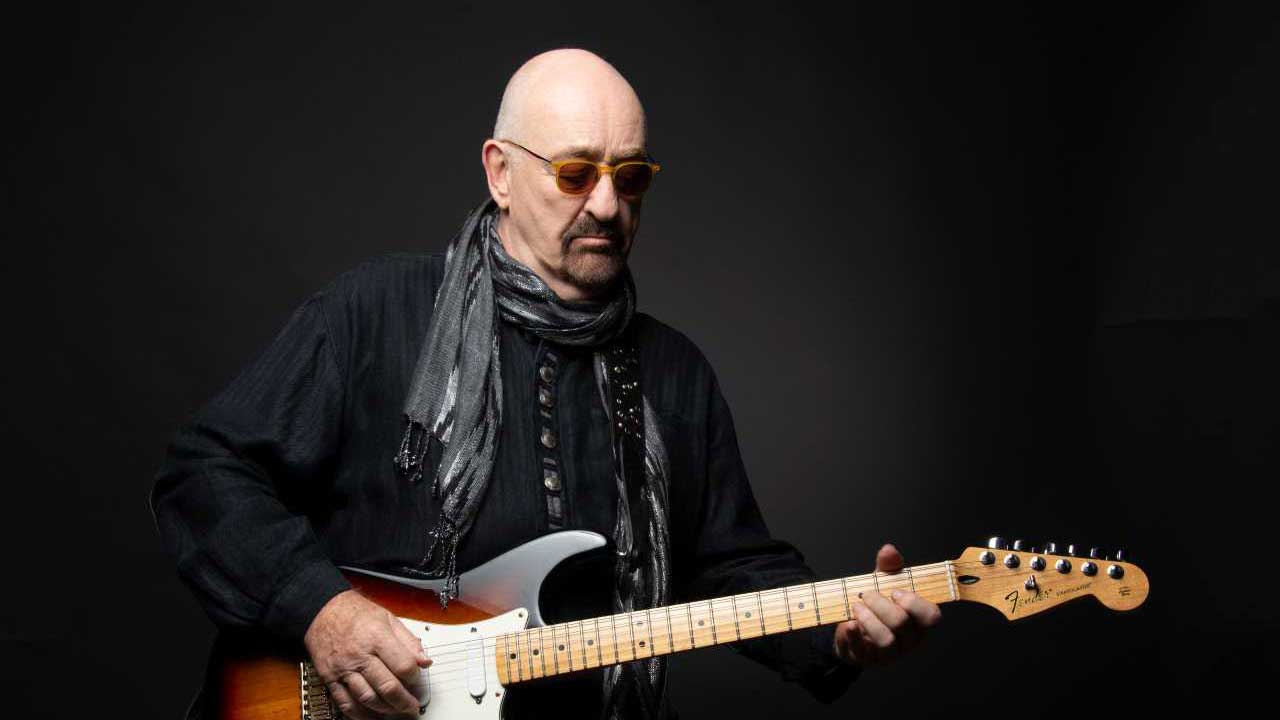Victoria Spain Robinson sits with her godson, twenty-month-old Kristopher Head, in her living room, Wednesday, July 14, 2021, in Baton Rouge La. Head was hospitalized with RSV. Despite a powerful summer surge of COVID-19 infections, federal health authorities said the outlook for the upcoming respiratory virus season this fall and winter is the same or maybe even a bit better than last year.
But the prediction, made at a press briefing last week, hinges on whether people continue to get vaccinated, said Dr. Mandy Cohen, director of the Centers for Disease Control and Prevention. Louisiana has seen increasingly lower uptake of vaccinations across the board since the pandemic.

Last year, . "If ..
. the number of people who ultimately get vaccinated against flu, COVID and RSV is lower than expected, then that could mean more hospitalizations, not fewer," said Cohen. "So the power is in our hands.
" Simultaneous circulation of flu, COVID and RSV have been dubbed a “tripledemic” in the past for the strain it puts on hospitals. Last year was one of Louisiana’s worst flu seasons after several mild respiratory seasons when people were taking extra precautions due to COVID-19. The CDC estimates that there have been at least 35 million illnesses, 400,000 hospitalizations, and 25,000 deaths from flu so far this season.
While state-level data are not yet available, Louisiana typically sees between 500 to 1,000 deaths from flu yearly. The past season included five pediatric flu deaths in the state. There have been 531 COVID-19 deaths over the last year in Louisiana.
RSV, or respiratory syncytial virus, peaked earlier than usual last year in late November, when about 950 people across the state visited emergency rooms in a single week. Currently, Louisiana is . At Ochsner Health urgent cares across the state last week, test positivity for COVID was 41%, said Dr.
Katherine Baumgarten, medical director of infection control and prevention. Wastewater tests tracking the virus are at their highest levels in the last year. While underlying immunity from prior vaccines and infections provide some protection from COVID-19, that protection decreases over time.
Louisiana is one of the least vaccinated states when it comes to COVID-19, flu and RSV. Among children in Louisiana ages 6 months to 17 years old, the flu vaccination rate has dropped each year since 2019, . In the 2019-2020 season, about 58% of kids were vaccinated for flu.
This past season, that dropped to 43.7% of children. “It’s disheartening we’ve seen those vaccine rates drop, which puts other people at risk for more serious disease,” said Baumgarten.
Adults in Louisiana have not seen the same decrease in flu vaccinations, though they are generally less likely to be vaccinated for flu than children. compared to 48.5% of adults nationwide.
COVID vaccinations are far lower. About 5% of Louisiana’s children are up to date on COVID immunizations, the lowest of any state. Among adults, 12.
8% are up to date, the second-lowest percentage of any state. While coverage among people in nursing homes is higher, at around 30%, many are left unprotected. “As people get older, their risk for severe illness from respiratory viruses increases,” said Jeff Nesbitt, assistant secretary for public affairs at the U.
S. Department of Health & Human Services. “Most hospitalizations and deaths from these viruses are among adults ages 60 and older.
” Anticipating another winter wave, federal health authorities released updated COVID-19 vaccines last week. They are expected to be available in the coming weeks in pharmacies and doctors’ offices. Free COVID-19 tests will be through the federal government.
Flu vaccines also should be available soon, said Baumgarten. The flu vaccine this year protects against three different strains of the virus. “I’m asking my patients to get flu, RSV and COVID vaccines this fall,” said Baumgarten.
The RSV vaccine is available for adults over the age of 60 who are at severe risk of disease and anyone over the age of 75. Pregnant women should also receive an RSV vaccine between 32 and 36 weeks of pregnancy to protect their infant after birth. For infants under 8 months old entering their first RSV season, a preventative antibody is also available.
Babies up to 19 months can receive the antibody if they are at higher risk for severe disease..




















